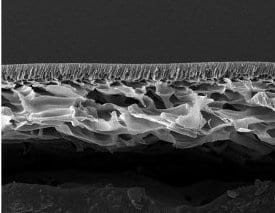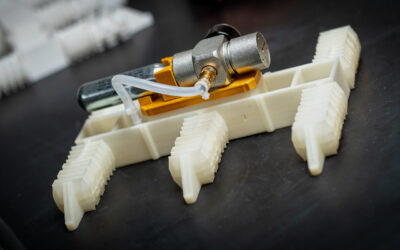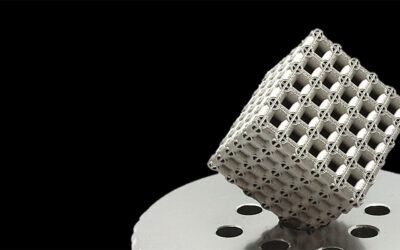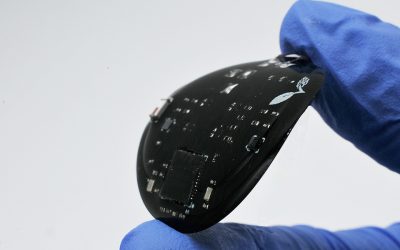 Membranes for high temperature nanofiltration often run into problems because the polymers that constitute the membrane either decompose or leach out and this compromises the performance of the membrane. Nanofiltration membranes usually contain charged polymers, which are used to reject particular ions or compounds in solution. One of the polymers which are often used for these membranes is SPEEK, sulfonated poly(ether ether ketone), due to its high thermal and mechanical stability. The problem, in this case, is that to introduce enough charges into the membrane, SPEEK with a high degree of sulfonation (30% or higher) is usually used, and this typically compromises its high temperature performance, and sometimes even room-temperature storage.
Membranes for high temperature nanofiltration often run into problems because the polymers that constitute the membrane either decompose or leach out and this compromises the performance of the membrane. Nanofiltration membranes usually contain charged polymers, which are used to reject particular ions or compounds in solution. One of the polymers which are often used for these membranes is SPEEK, sulfonated poly(ether ether ketone), due to its high thermal and mechanical stability. The problem, in this case, is that to introduce enough charges into the membrane, SPEEK with a high degree of sulfonation (30% or higher) is usually used, and this typically compromises its high temperature performance, and sometimes even room-temperature storage.
To solve these issues, Wei Yang and co-workers at Tianjin University, in a paper published in the Journal of Applied Polymer Science, have prepared a SPEEK membrane with very low degree of sulfonation, by using methylsulfonic acid as a solvent, to make it possible to prepare a membrane with a degree of sulfonation of about 7%. The advantage of this low degree of sulfonation is the good degree of thermal stability, with the onset of decomposition of the sulfonate groups starting around 350 degrees Celsius, but small weight loss due to the low degree of sulfonation.
The authors tested the membrane’s nanofiltration performance using two model dyes, and showed that, up to 80 degrees Celsius, the membranes filter out 90% and 80% of each of the two dyes respectively, with flux increasing with temperature and selectivity decreasing with temperature.
While this membrane will need further study, it shows promise as a high temperature nanofiltration platform.

















